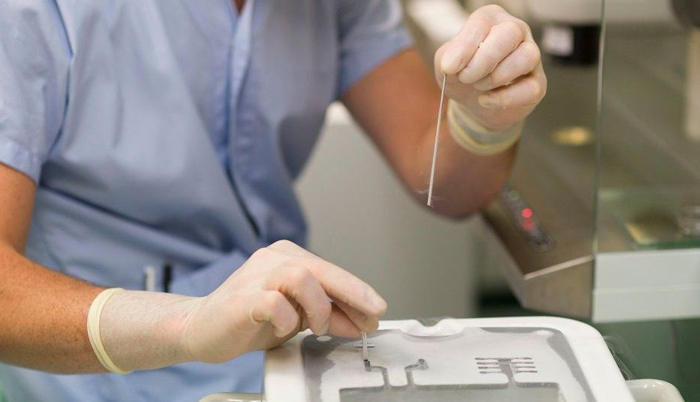
WASHINGTON, Aug 8 (NNN-AGENCIES) — The US says children born abroad using assisted reproductive technology can now qualify for citizenship, in a move seen as a win for same-sex couples.
To be eligible before, babies born overseas needed to be genetically related to the American parent.
The change follows lawsuits from couples whose children were born using surrogates and other methods.
Experts estimate the new policy will affect hundreds of families living outside of the US.
The US Citizenship and Immigration Services (USCIS) policy, announced Thursday, means children of married couples where at least one parent is an American and one is related to the child, are eligible for citizenship and family benefits.
The agency’s director, Ur Jaddou, said this new interpretation of the law is meant to ensure “fair access and support for all families and their loved ones”.
There are likely hundreds of couples this decision will affect, though the exact figure is unclear, according to Aaron Morris, executive director of the LGBT advocacy group Immigration Equality.
“In denying that their children were citizens, they were also disrespecting the marriage of the parents,” Morris adds. “It was like a double injury to all these families.”
James Derek Mize and Jonathan Gregg were one of those families. Their daughter, Simone, was born in the UK using a surrogate in 2018.
While Mize and Gregg are both US citizens, Simone was denied citizenship because she was genetically related to only Gregg – who the government ruled had not physically been in the US long enough to pass on citizenship.
The US also did not recognise both fathers as Simone’s parents.
Ultimately, a federal judge in Atlanta ruled that Simone was a citizen – but stopped short of striking down the government’s policy.
Mize on Friday expressed a sense of relief. He expects that many couples who were reluctant to have a “stateless” child will be more open to assisted reproductive technology – like in-vitro fertilisation – while abroad.
In May, a similar family policy reversal was announced by the US Department of State, which said the change considers the “realities of modern families” and advances in reproductive technologies since the regulations were enacted in 1952. — NNN-AGENCIES
